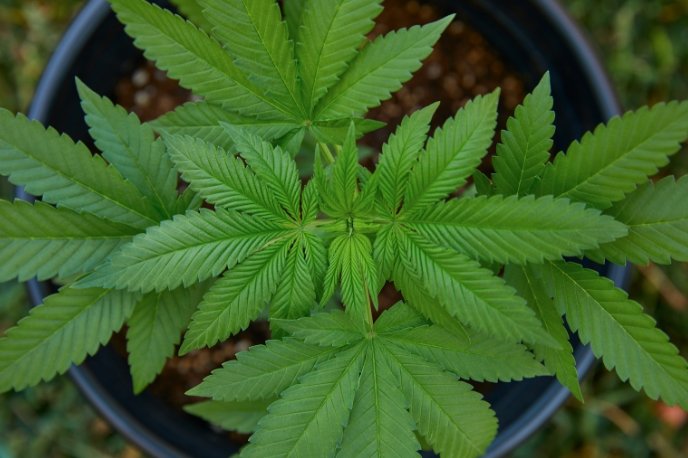Marijuana, also known as cannabis, has long been a subject of fascination and controversy. As its use becomes more widespread, understanding its effects on the human body becomes increasingly important. One area of interest is how marijuana impacts the immune system. Let’s delve into the complex relationship between cannabis and immunity.
The Active Ingredients: THC and CBD
Cannabis contains over 100 unique cannabinoids, but two stand out: tetrahydrocannabinol (THC) and cannabidiol (CBD). THC is responsible for the intoxicating effects of cannabis, while CBD is nonintoxicating and has potential medicinal benefits. These compounds interact with the endocannabinoid system, which plays a role in regulating various physiological processes, including immune responses.

THC and Immune Suppression
Studies involving animals have shown that THC may adversely affect the immune system by suppressing it. This suppression could theoretically make individuals more susceptible to infectious diseases. However, for people with autoimmune conditions characterized by an overactive immune system, THC-induced suppression may offer potential benefits.
CBD and Immune Modulation
CBD, on the other hand, has immunomodulatory effects. It interferes with the chemical communication between immune tissue cells and various immune cells within the systemic circulation. While research is ongoing, CBD shows promise for conditions like epilepsy and anxiety.
As access to cannabis increases globally, understanding its impact on the immune system is crucial. Whether it suppresses or modulates immunity depends on the specific cannabinoids and individual health conditions. As science continues to explore this intricate relationship, responsible use and informed decisions are essential



